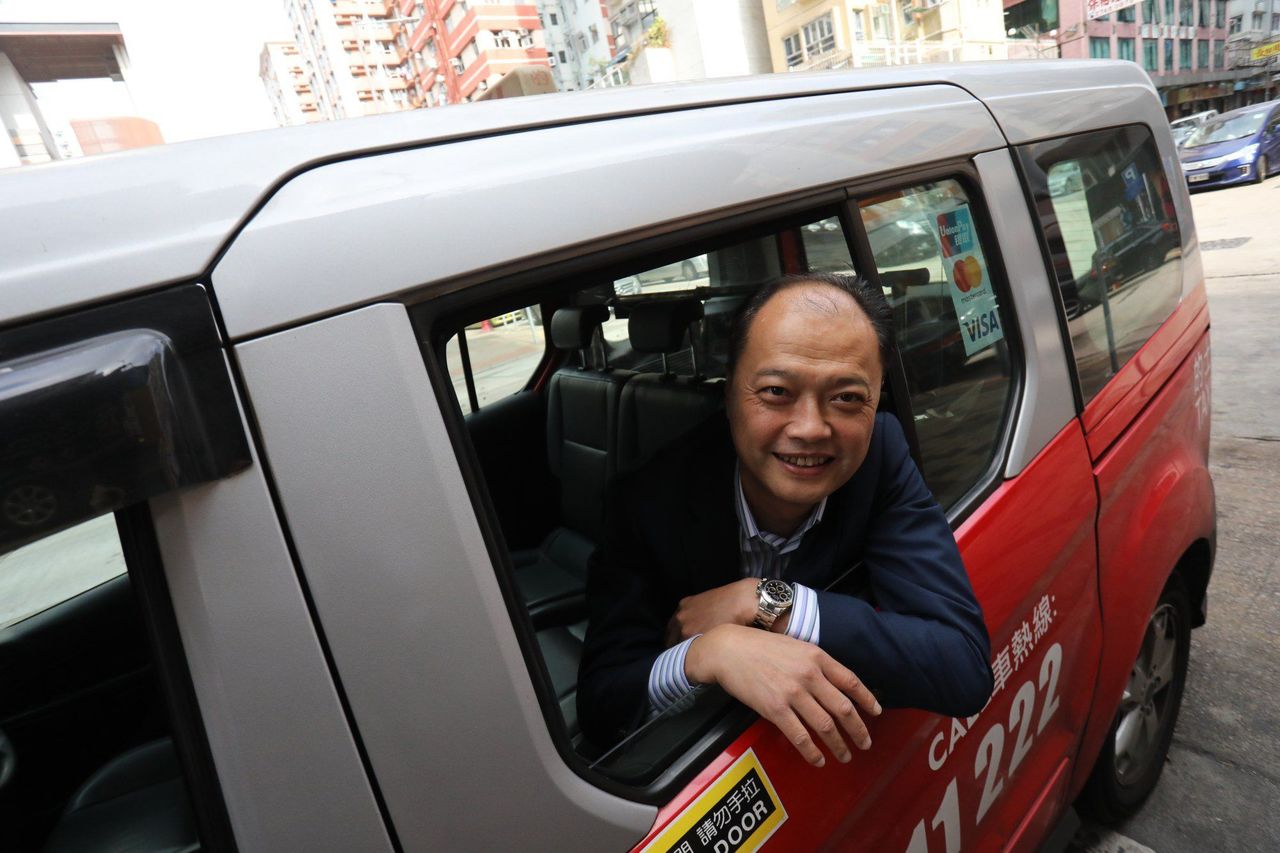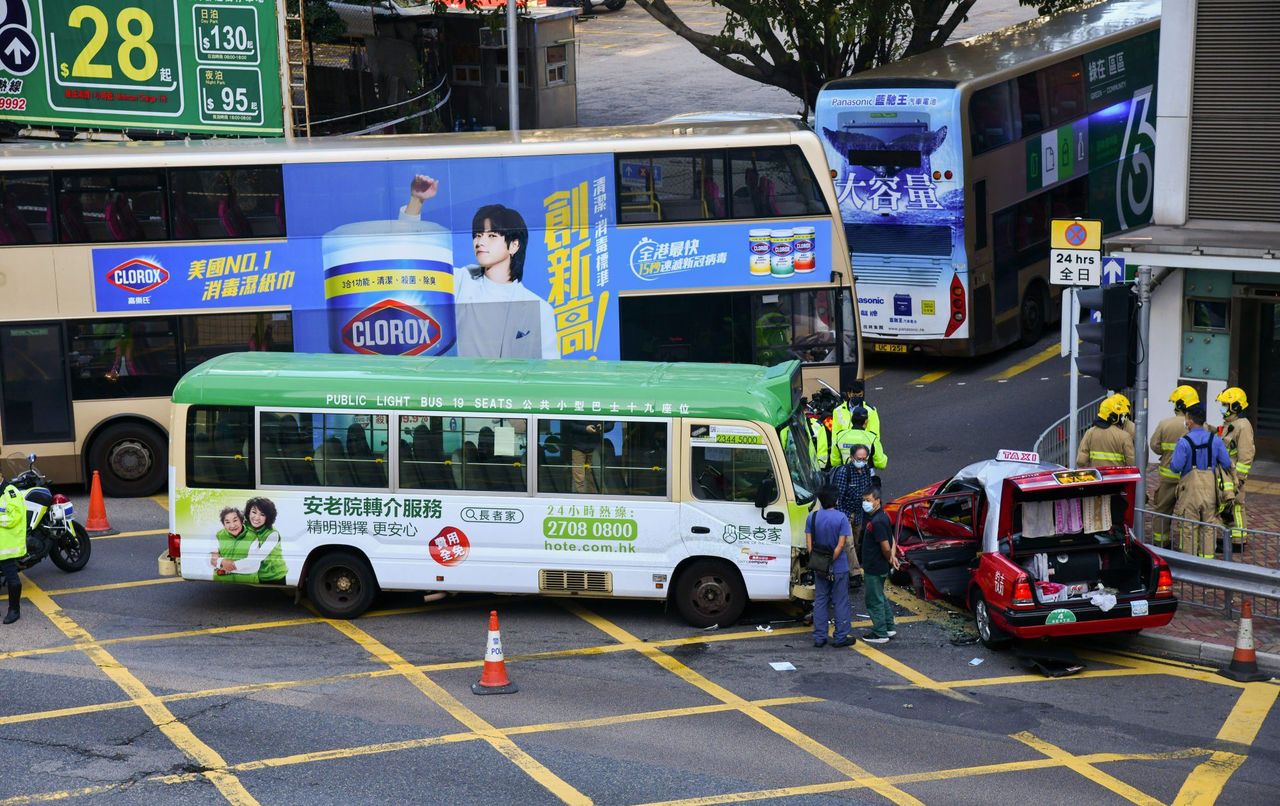Hong Kong News

Tougher health checks on Hong Kong drivers ‘could spark minibus manpower woes’
An industry head for Hong Kong’s minibus sector on Monday warned that tougher health checks proposed by the government would spark a serious driver shortfall that would be more severe than in the case of cabbies because of their advanced age.
The comments came after it was revealed that authorities were planning to lower the age of the mandatory annual health check for professional drivers from the current 70 to 65. Those suffering from certain conditions, such as single-eye blindness, night blindness and brain tumours, will not be granted a licence.
Chau Kwok-keung, chairman of the Hong Kong Taxi and Public Light Bus Association, voiced fears the changes could push more drivers to leave.
 Chau Kwok-keung, chairman of the Hong Kong Taxi and Public Light Bus Association.
Chau Kwok-keung, chairman of the Hong Kong Taxi and Public Light Bus Association.
“Many drivers aged 70 to 75 are taking up the job just to pass time … If they are facing growing pressure, will they leave the sector? This is something we are a bit more worried about,” Chau told a morning radio show.
He said that if the new rules kicked in, there might be a drop of “a few per cent” of taxi drivers, whose average starting age was 60. But he warned the impact on minibus drivers could be more serious, as their average age was 70.
“If their salary is not that high, would it be easier for them to give up driving a minibus? We are not sure about this,” he said.
Chau agreed that drivers should be healthy, but added the government should also consider the overall manpower situation before introducing new rules.
Lawmaker Michael Tien Puk-sun, a member of the Legislative Council’s transport panel, said on the same radio show that he found the stepped-up health checks necessary. “We need to give passengers confidence,” he argued.
Currently, drivers aged 70 or above need to undergo a check either once a year or every three years, depending on the type of vehicle licence held. But all professional drivers aged 65 or above will have to go for health checks annually in future under the government’s proposal.
Tien conceded the annual check-ups could be more troublesome, but insisted “the returns would be worthwhile”.
Geriatrician Dr Paul Shea Tat-ming, also on the same programme, welcomed the government proposal as he said more stringent body checks on drivers would protect the public.
Shea said such screening should cover cognitive ability to detect signs of dementia, as well as Parkinson’s disease, diabetes and any pain issues with leg and neck joints that could affect driving.
He added most of the items on the medical list could be performed in a clinical setting, and the costs should not be high.
 Accidents involving elderly cab drivers in recent years have sparked public concern over the ageing sector.
Accidents involving elderly cab drivers in recent years have sparked public concern over the ageing sector.
A string of accidents earlier this year sparked public concern over the city’s ageing professional drivers and calls for a review of the rules.
In January, an 87-year-old taxi driver was involved in three accidents within nine days. In March, an 85-year-old cabby drove through a crossing point at a busy street, injuring three pedestrians, including two critically.
An expert panel was formed by the Transport Department last year to review rules on physical fitness examinations for older drivers. The panel consisted of mostly doctors, from specialties including geriatrics and family medicine.











